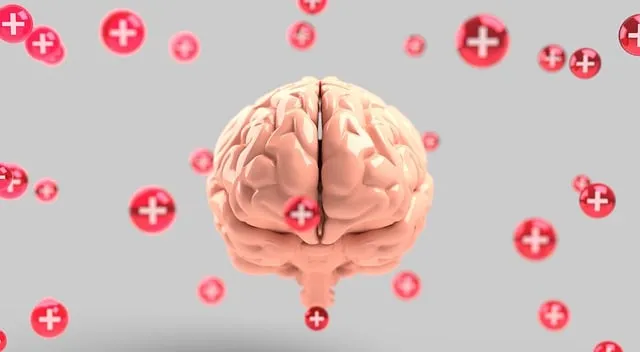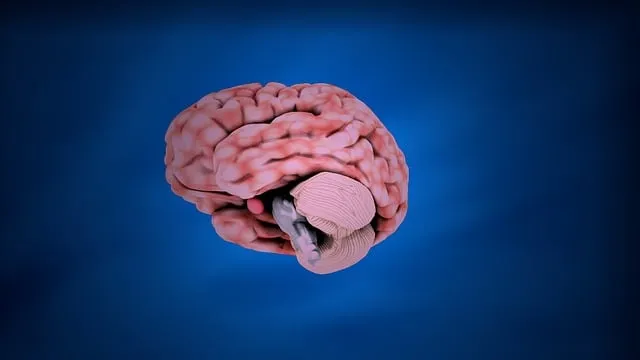Louisville's Kaiser Permanente offers comprehensive inpatient and outpatient mental health programs for managing depression across various severity levels. Recognizing common symptoms, normalizing mental health conversations, and proactive lifestyle changes like exercise, healthy eating, and sleep are crucial for prevention. Kaiser's specialized services, including therapy, medication, and peer support, combined with strong social connections, empower individuals to combat depressive episodes effectively.
Depression is a prevalent yet manageable condition that requires proactive strategies for prevention. This article guides readers through essential steps to recognize and combat depression, offering insights from Louisville’s top mental health facilities, including Kaiser’s inpatient programs. By understanding early signs and implementing lifestyle changes, individuals can foster mental well-being. We also highlight the significance of professional help and strong support systems in preventing and managing depression.
- Recognizing Depression: Early Signs and Symptoms
- Lifestyle Changes for Mental Well-being
- Professional Help and Support Systems
Recognizing Depression: Early Signs and Symptoms

Depression is a serious mental health condition that can affect anyone, and early recognition is key to effective prevention and treatment. In Louisville or any other location, understanding the signs and symptoms of depression can help individuals seek support before it escalates. Common indicators include persistent feelings of sadness, loss of interest in activities once enjoyed, changes in appetite and sleep patterns, fatigue, difficulty concentrating, and feelings of worthlessness or guilt.
The early stages of depression might present as subtle shifts in behavior and emotions, making it crucial for friends, family, and even healthcare providers to be vigilant. At Kaiser (or any mental health facility), inpatient programs are designed to offer intensive care for severe cases, while outpatient services provide ongoing support and management strategies. Empathy Building Strategies, Mindfulness Meditation, and Public Awareness Campaigns Development can play a significant role in normalizing conversations about mental health, reducing stigma, and encouraging individuals to recognize and address early signs of depression.
Lifestyle Changes for Mental Well-being

In the quest to prevent depression, lifestyle changes play a pivotal role in fostering mental well-being. Louisville’s Kaiser, for instance, offers inpatient mental health services, but proactive measures can also be taken outside of formal healthcare settings. Incorporating regular physical activity into one’s routine has been shown to boost mood and reduce symptoms of depression. Additionally, adopting healthy eating habits and prioritizing quality sleep can significantly impact overall mental resilience.
Beyond these basics, developing coping skills is essential for managing stress and emotional challenges. Mindfulness meditation, a practice gaining traction worldwide, has proven effective in cultivating emotional intelligence—the ability to understand and manage one’s own emotions as well as those of others. By integrating such techniques into daily life, individuals can enhance their ability to cope with adversity, thereby reducing the risk of depression.
Professional Help and Support Systems

Seeking professional help is a vital step in preventing and managing depression. Louisville’s Kaiser Permanente, for example, offers comprehensive inpatient mental health services tailored to individual needs. These programs provide an intensive and supportive environment, facilitating emotional healing processes through therapy, medication management, and peer support groups. Engaging with these resources can be transformative, offering individuals the tools and coping mechanisms needed to combat depressive episodes effectively.
Building a robust support system is equally crucial in depression prevention. Encouraging open conversations about mental illness and reducing the stigma associated with it can foster an environment where individuals feel comfortable seeking aid. Support systems provide a safe space for sharing experiences, validating emotions, and offering practical assistance during stressful times. By combining professional help with strong social connections, individuals can enhance their resilience against mental health challenges, including depression.
In recognizing depression, understanding early signs, adopting lifestyle changes that promote mental well-being, and leveraging professional help or support systems like those available at Louisville’s Kaiser with its inpatient mental health services, individuals can effectively prevent and manage this common yet treatable condition. By integrating these strategies into daily life, folks can foster resilience against depression, enhancing overall quality of life.






